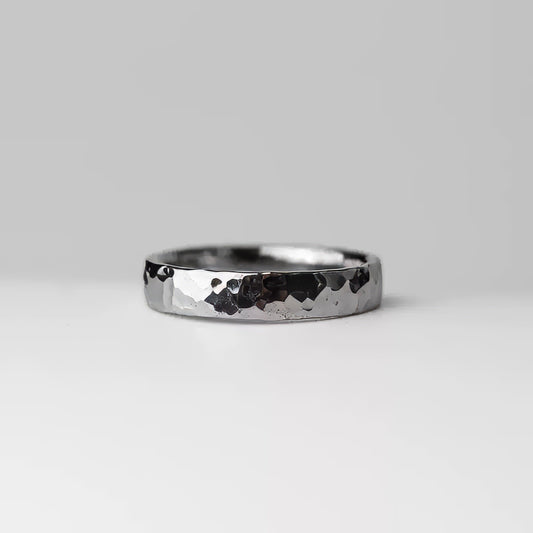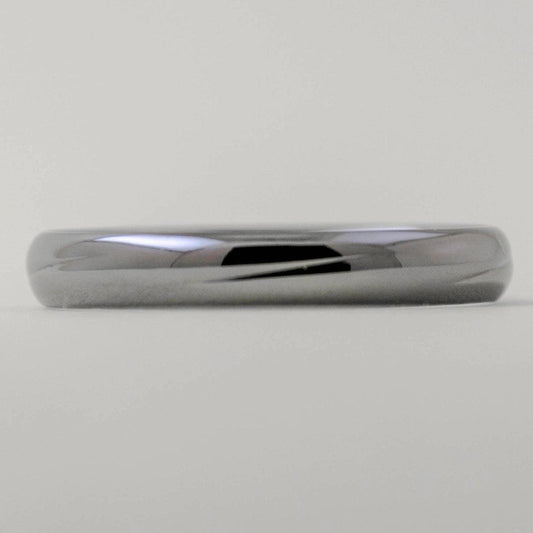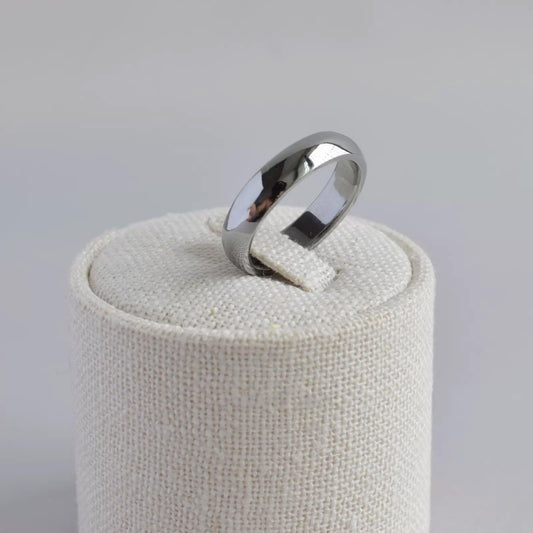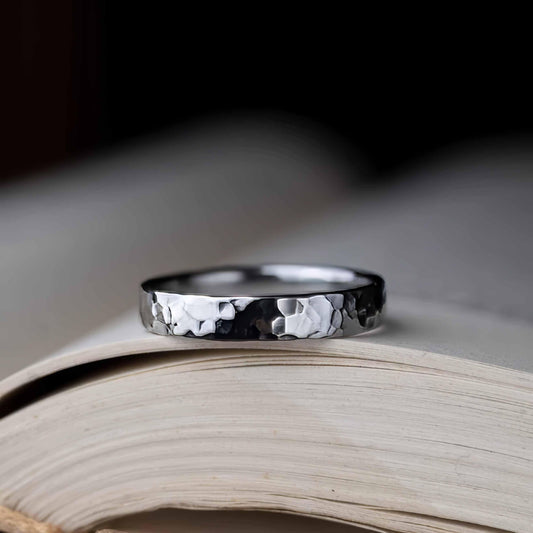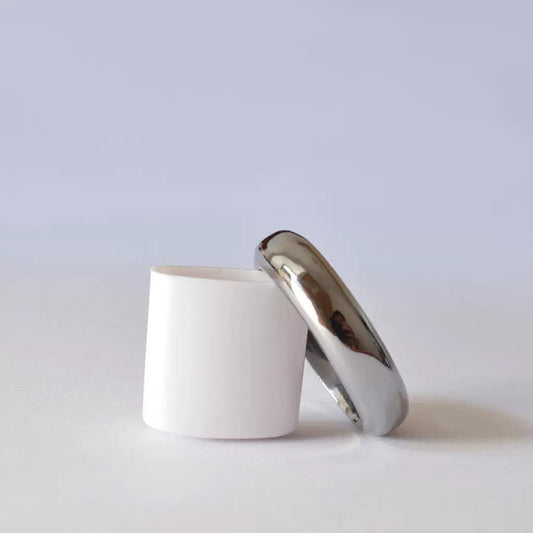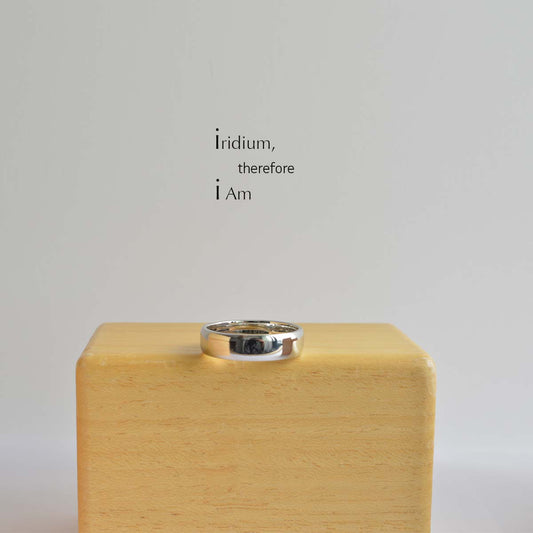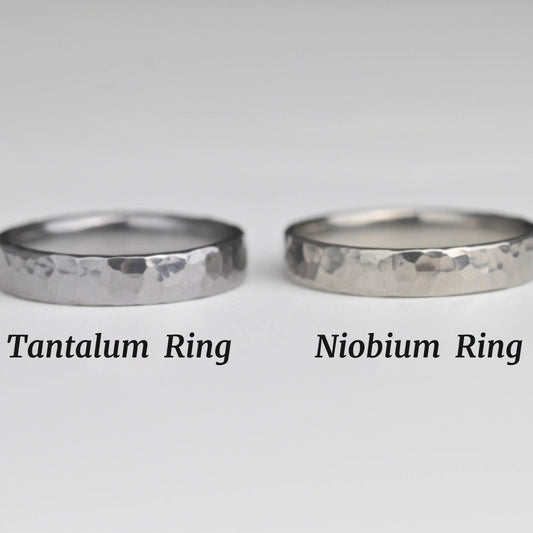Toi et Mou A French Connection with a Universal Appeal
Toi et Mou A French Connection with a Universal Appeal
It was during a crisp Parisian morning, with the smell of freshly baked croissants wafting through the air, that I first heard the phrase "toi et mou" in a little café tucked beneath the sprawling shadows of Notre Dame. My friend, a linguist with a penchant for charming expressions, explained it as a soft, endearing term that's less formal than its English counterpart "you and me." This phrase, with its gentle cadence, captures a sense of intimacy and informality that French language often elegantly embraces.
What makes "toi et mou" so intriguing is not just its linguistic charm but its cultural resonance. In France, language is not merely a means of communication but an extension of one's identity. When you say "toi et mou," you're not just referring to two people in a relationship; you're invoking a sense of connection that feels almost palpable. It’s the difference between being in a crowded room where someone addresses you personally—a flicker of recognition in the day-to-day chaos.
French culture has long been admired and romanticized in the West, from its art to its cuisine, and language is another thread in this rich tapestry. This connection is evident in the nuances that French phrases bring into everyday situations. "Toi et mou" implies a closeness that transcends mere friendship, often used between lovers or those with a profound connection. It’s these personal insights into the French way of thinking that adds layers to our Western understanding and appreciation of their culture.
While "toi et mou" does hold a layer of affectionate tone, it is not just limited to romantic relationships. In fact, it's frequently used among friends who share meaningful bonds, much like the way you might refer to someone who feels like family. This usage demolishes the walls that often box relationships into rigid categories, allowing for a more fluid, genuine interaction—a refreshing perspective that could enrich our relationships back home.
Thinking back to that morning in the café, as I watched locals greet each other with the same warmth embedded in "toi et mou," I felt a newfound appreciation for how language can bridge gaps and deepen connections. It’s these small linguistic treasures that remind us that words are more than symbols; they are vessels of shared human experiences. So, the next time you're trying to express a sentiment that feels larger than "you and me," perhaps "toi et mou" might capture what your heart wishes to convey.









